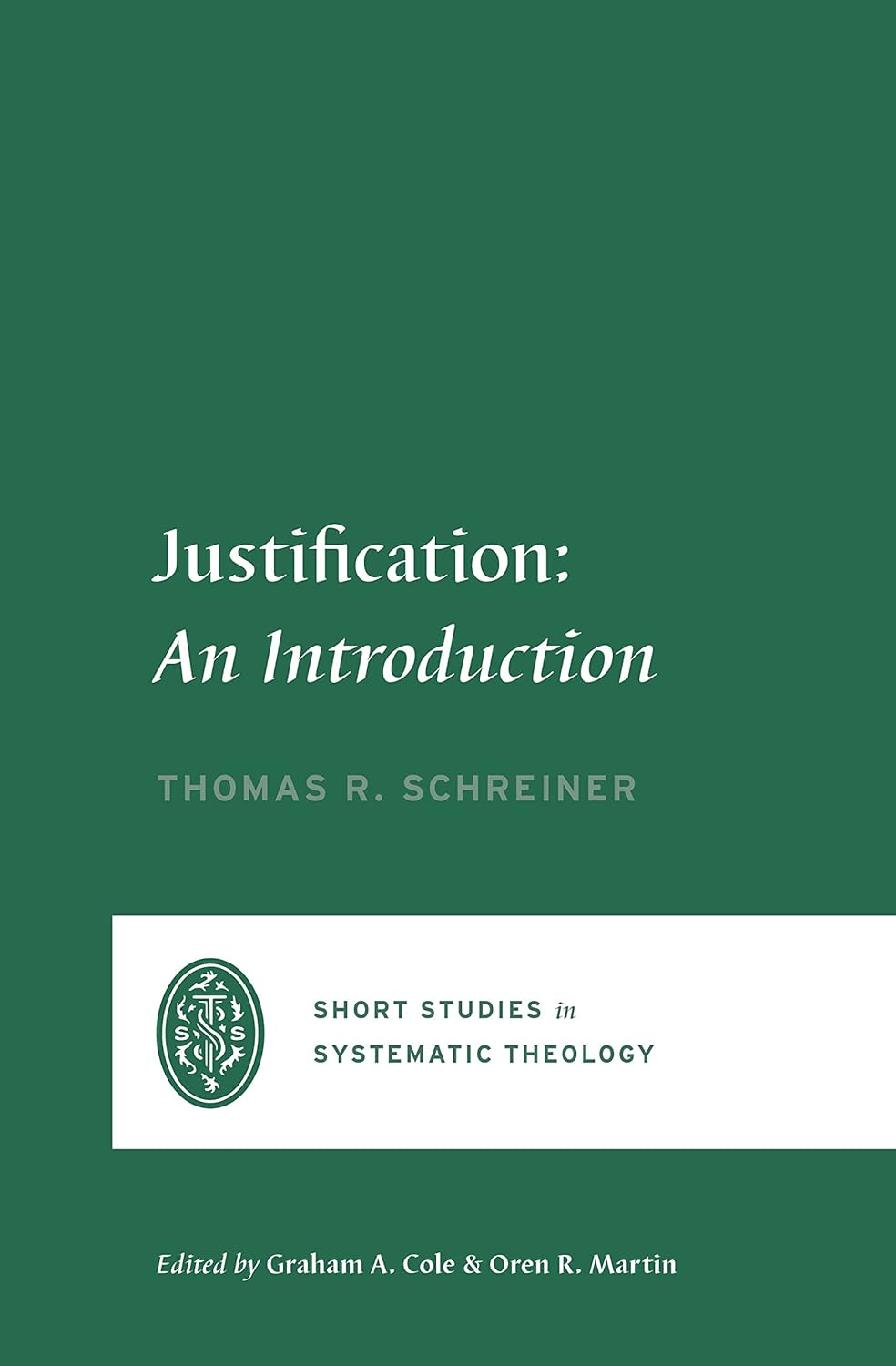A Book Review from Books At a Glance
by Ryan M. McGraw
Justification through faith uniting us to Christ is both a vital aspect of the gospel and a wonderfully comforting truth. Not only are believers forgiven, but God counts them righteous as he counts Christ’s righteousness to them. As such, justification by faith always requires defense and renewal. Writing much on the doctrine of justification, Thomas Schreiner here presents the core issues and exegetical underpinning of this essential doctrine convincingly and concisely to a broad audience.
After introducing justification in church history, the author moves from the Old Testament in chapter two into three chapters tracing the doctrine in the New Testament. He then addresses contemporary challenges to the classic Protestant and biblical doctrine, followed by a systematic theological analysis. For the sake of simplicity, the Old Testament material largely hovers around Genesis 15:6 and Habakkuk 2:4, both of which the New Testament cites heavily. His New Testament material lays a foundation in Christ’s teaching, followed by focusing on Paul and other New Testament authors. Presenting a unified voice in Scripture, he answers modern objections clearly and easily, connecting justification systematically to other biblical doctrines, especially union with Christ, before finally driving the importance of the doctrine home in his “Epilogue.” These chapters build logically and read easily, presenting readers with a well-ordered approach to the doctrine.
Two features stand out in this book: Schreiner’s exegetical breadth, and his interaction with modern theories of justification. Exegetically, a repeated theme is that we should be more concerned with the idea of justification by Christ’s imputed righteousness, resulting in forgiveness of sins, than with the mere appearance of the term. He illustrates amply that Paul’s doctrine of justification was rooted firmly in that of Jesus, and he harmonizes the teaching of the Old and New Testaments, including the perennial question of reconciling James and Paul (96-104).
Treating Second Temple Judaism and recent reinterpretations of justification is one of Schreiner’s great strengths as well. For instance, contra claims that first-century Judaism believed in salvation by grace, he shows how texts like the parable of the Pharisee and the Tax Collector illustrate that some people did indeed seek justification by self-righteousness rather than by grace (47, 117). Readers looking for a clear and concise introduction to biblical texts related to justification and an incisive survey of contemporary challenges will find much valuable material here.
The text’s main weaknesses relate to historical and systematic theology. Though this book is introductory, the historical chapter relies too heavily on secondary sources, giving it limited value for understanding the church fathers and others on their own terms regarding the doctrine of justification. Because this is a contentious question, primary sources are particularly important, often giving a mixed and unsystematic testimony prior to the Reformation. Regarding secondary literature, it is somewhat surprising that he does not rely on Alastair McGrath’s Iustitita Dei, which has become a standard source related to justification. Moreover, he provides readers with only one example from medieval theology (Aquinas), leaving out much of the vital backdrop to Reformation viewpoints (11-12). While such omissions are understandable in an introductory text, readers will need to look elsewhere to augment their historical grasp of the doctrine. The material on systematic theology, while sound, is reduced to a single chapter. Yet the series in which the book appears is “Short Studies in Systematic Theology,” making the book’s character potentially misleading.
Though Scripture is clear on justification by faith alone in Christ alone, debates over this truth are unlikely to subside soon. Yet as Schreiner notes, “I suspect that all who believe in the triune God would agree that understanding the truth about our relationship with him isn’t trivial but speaks to one of the most important questions of life: how can I have peace with God?” (143). Reading this book will set you on the right path to know the Father, through faith in Christ, as the Spirit brings you to know him.
Ryan McGraw
Greenville Presbyterian Theological Seminary
